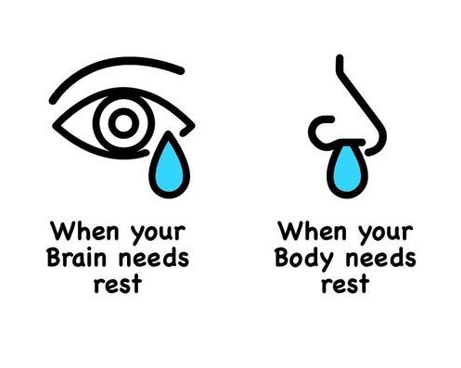How to Stop Negative Thoughts: A Guide to Cultivating a Positive Mindset

Negative thoughts are like uninvited guests that can disrupt our peace and well-being. They can be persistent and overwhelming, but the good news is that there are effective strategies to combat them. The image above provides a comprehensive guide on how to stop negative thoughts. Let’s break down each step and explore how you can incorporate these practices into your daily routine to cultivate a more positive mindset. 1. Change Your Brain Waves with Breathing Exercises Method: Spend 10 minutes a day practicing the 6-3-9 breathing sequence. This involves inhaling for 6 seconds, holding the breath for 3 seconds, and then exhaling for 9 seconds. Benefits: This type of controlled breathing can help calm your nervous system, reduce stress, and promote relaxation. It aids in resetting your brain’s rhythm, making it easier to shift from negative to positive thought patterns. Tips: Find a quiet place where you won’t be disturbed. Focus on your breath and let go of any distractions. 2. V...




